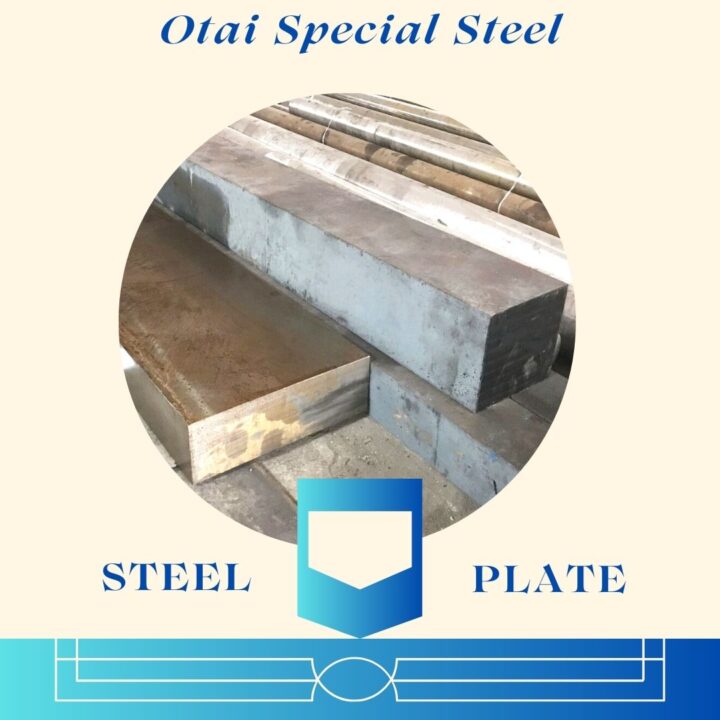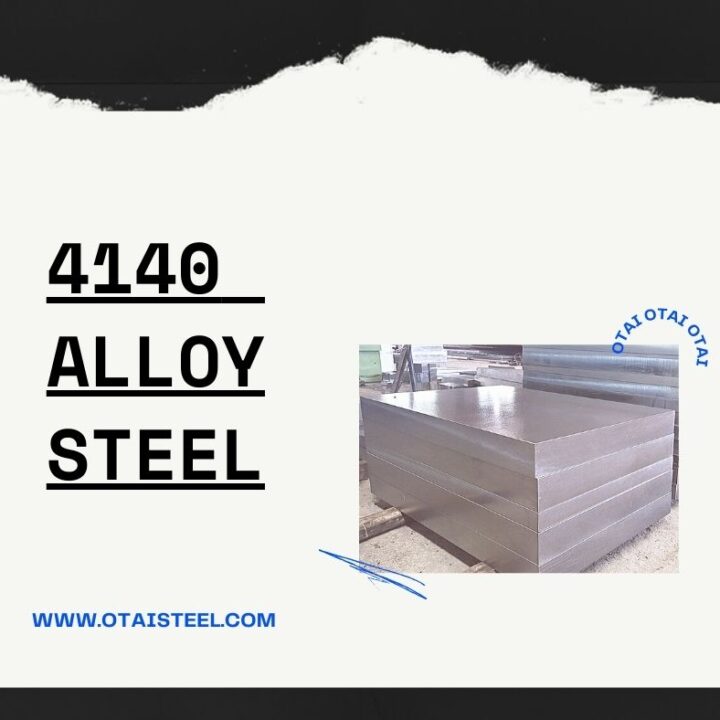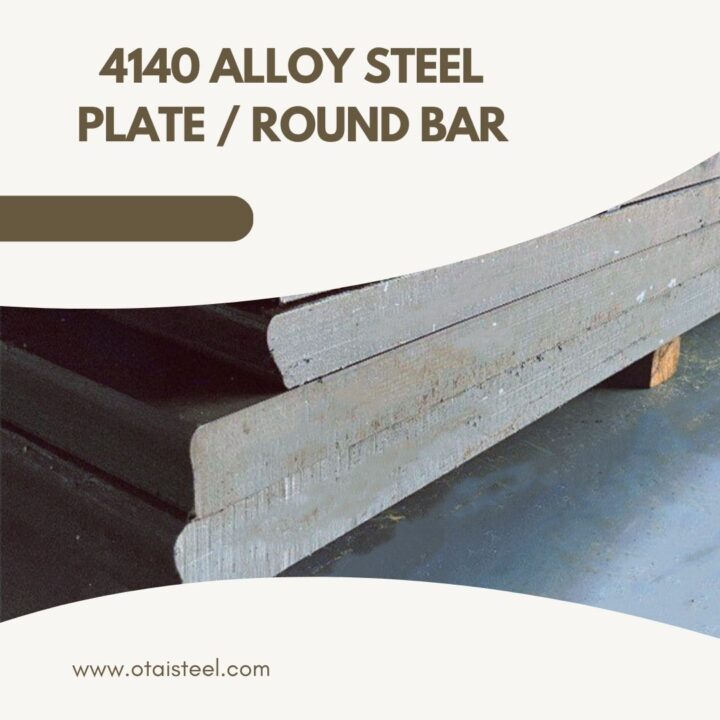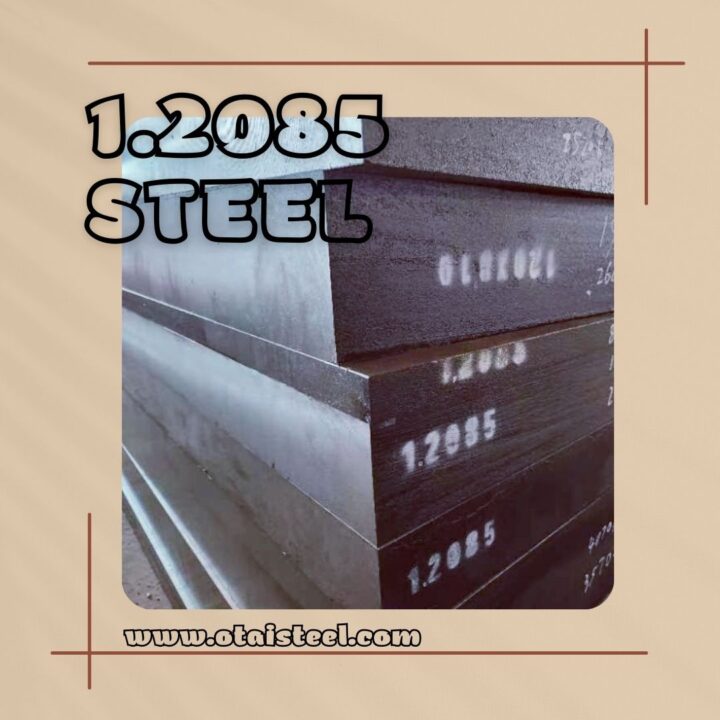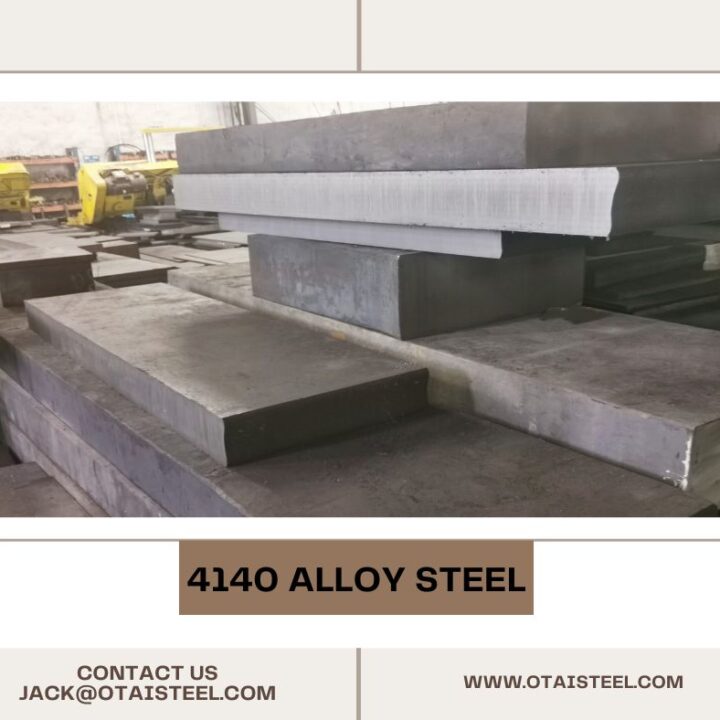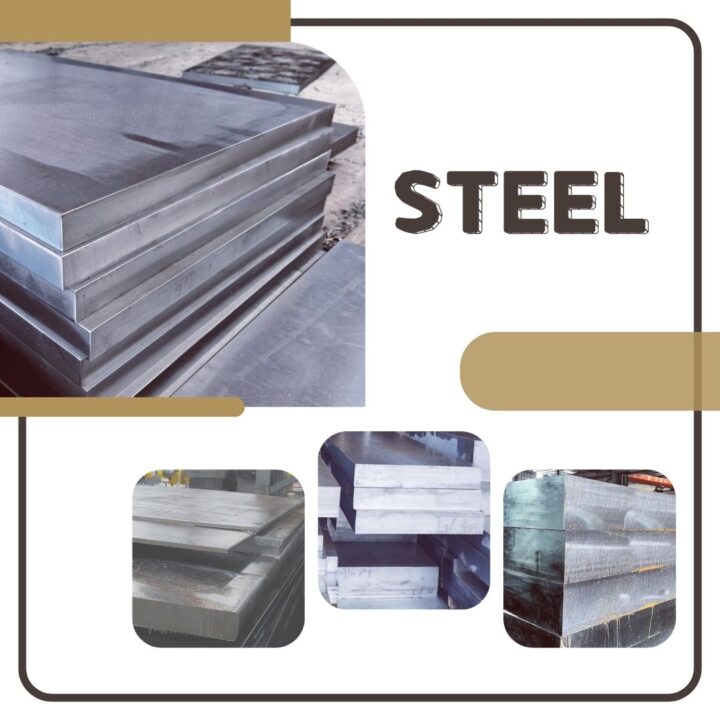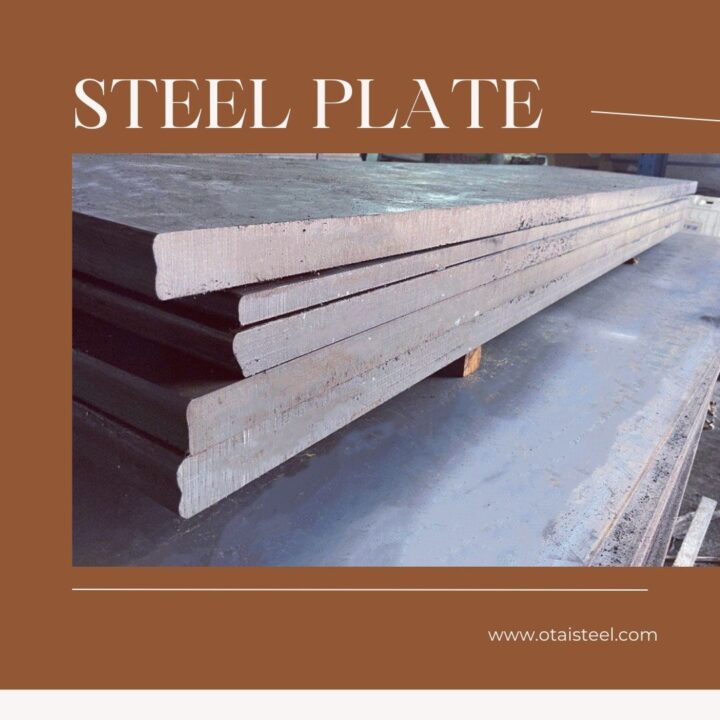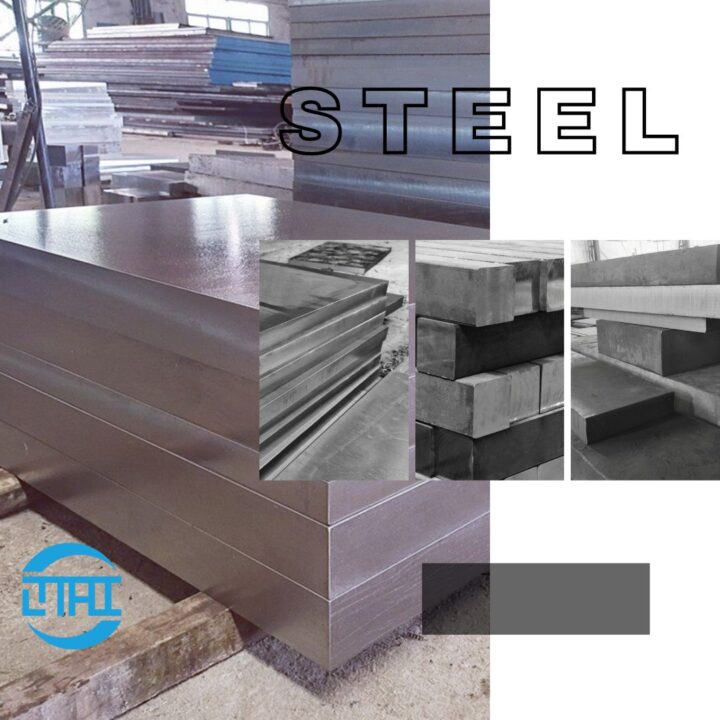4140 steel is a versatile low-alloy steel that belongs to the chromium-molybdenum family. (4140 steel in industrial machinery)
Properties and Composition of 4140 Steel
- Alloying Elements
The key alloying elements present in 4140 steel are chromium, molybdenum, manganese, carbon, and silicon. These elements contribute to the steel’s exceptional properties and performance.
- Mechanical Properties
4140 steel exhibits high strength, excellent toughness, and good wear resistance. It can handle heavy loads and impact forces, making it ideal for industrial machinery.
Applications of 4140 Steel in Heavy-Duty Machinery
- Gears and Shafts
4140 steel is commonly used in manufacturing gears and shafts, as it can withstand the stresses and torsional forces experienced in power transmission systems.
- Crankshafts and Connecting Rods
In the automotive and heavy machinery sectors, 4140 steel is preferred for crankshafts and connecting rods due to its high fatigue strength and durability.
- Forging Dies and Tooling
The excellent combination of toughness and wear resistance makes 4140 steel a top choice for forging dies, molds, and tooling used in metalworking processes.
Advantages of Using 4140 Steel
- High Strength and Toughness
4140 steel’s high tensile strength and toughness ensure that components made from it can endure extreme conditions without failure.
- Wear Resistance and Durability
In abrasive environments, 4140 steel components demonstrate superior wear resistance, extending the service life of machinery.
- Machinability and Weldability
Despite its strength, 4140 steel offers good machinability and weldability, simplifying the manufacturing process.
Manufacturing Processes for 4140 Steel Components
- Forging
Forging is a common manufacturing method used to shape 4140 steel into various components, ensuring a grain structure that enhances strength.
- Heat Treatment
The heat treatment process, such as quenching and tempering, further enhances the steel’s mechanical properties, tailoring it to specific applications.
- Machining
Precision machining techniques are employed to achieve the desired dimensions and surface finish of the final components.
Quality Control and Testing
- Non-Destructive Testing (NDT)
NDT methods, such as ultrasonic and magnetic particle testing, are employed to inspect the integrity of 4140 steel components without causing damage.
- Tensile and Impact Testing
Tensile and impact tests are conducted to assess the mechanical properties and verify the reliability of the components.
Safety Considerations
- Proper Handling and Storage
Safety protocols for handling and storing 4140 steel must be followed to prevent accidents and maintain material integrity.
- Welding Precautions
Special precautions are necessary when welding 4140 steel to avoid issues like cracking and brittleness.
Maintenance and Service Life of 4140 Steel Components
Regular maintenance and inspections are essential to extend the service life of machinery components made from 4140 steel.
Future Innovations and Developments
Researchers and engineers continue to explore advancements in material science to further enhance the properties of 4140 steel for various industries.
As technology evolves, 4140 steel is expected to remain a vital player in the construction of reliable and robust machinery, ensuring industrial processes run smoothly and efficiently.
